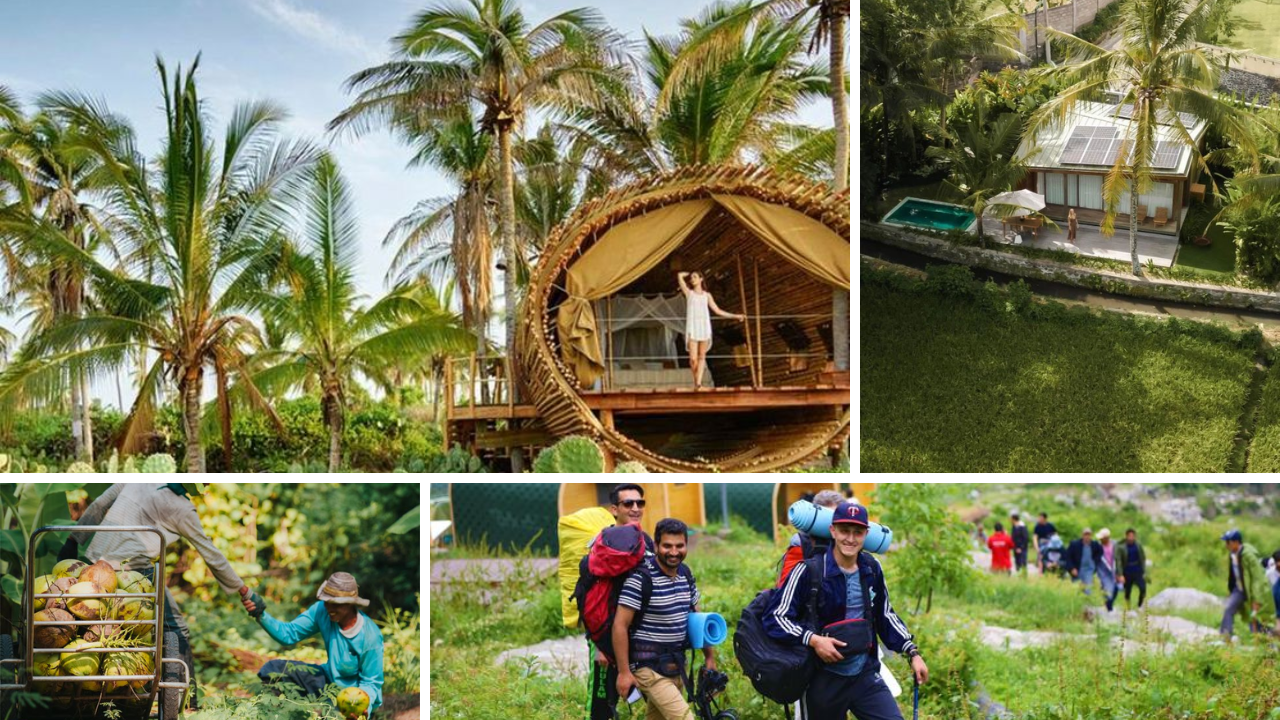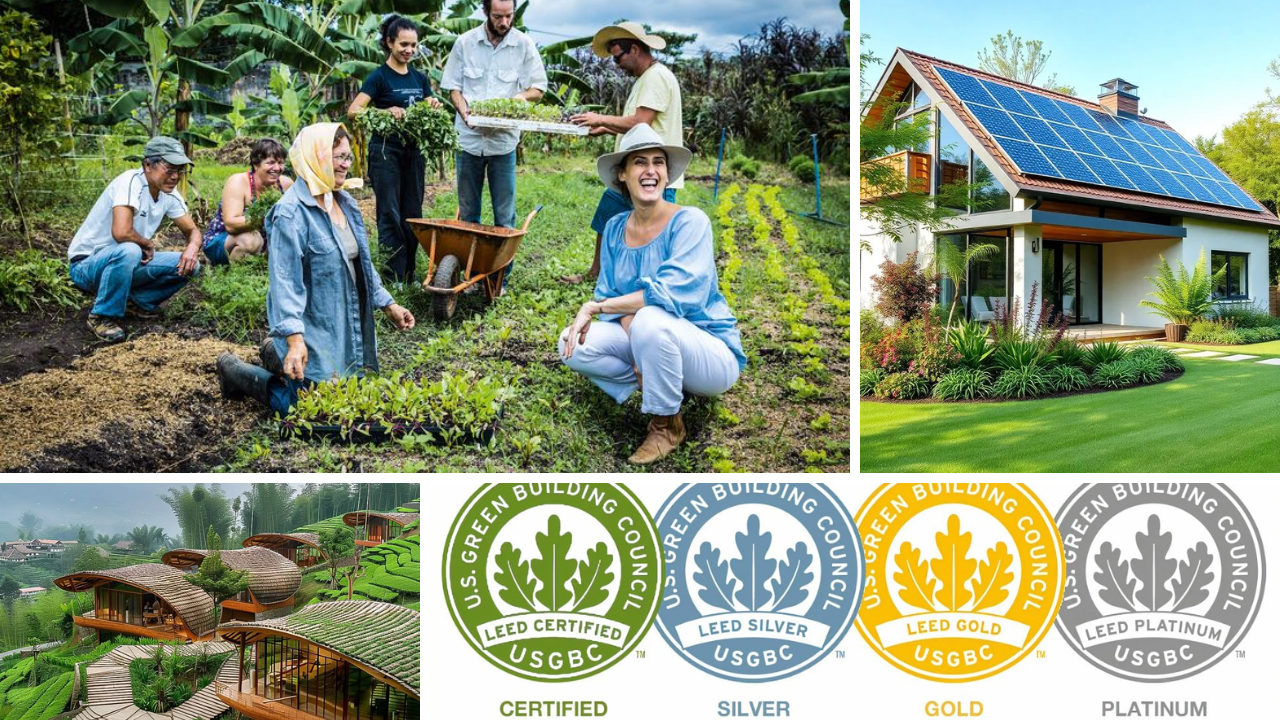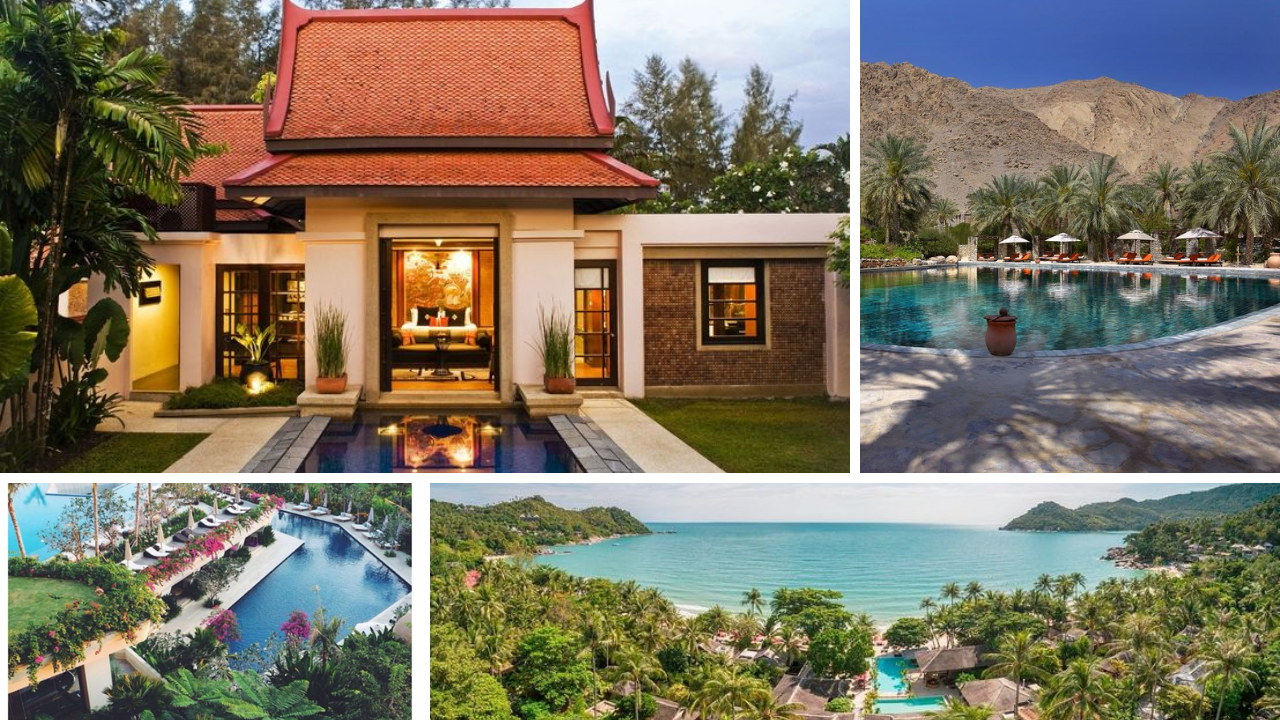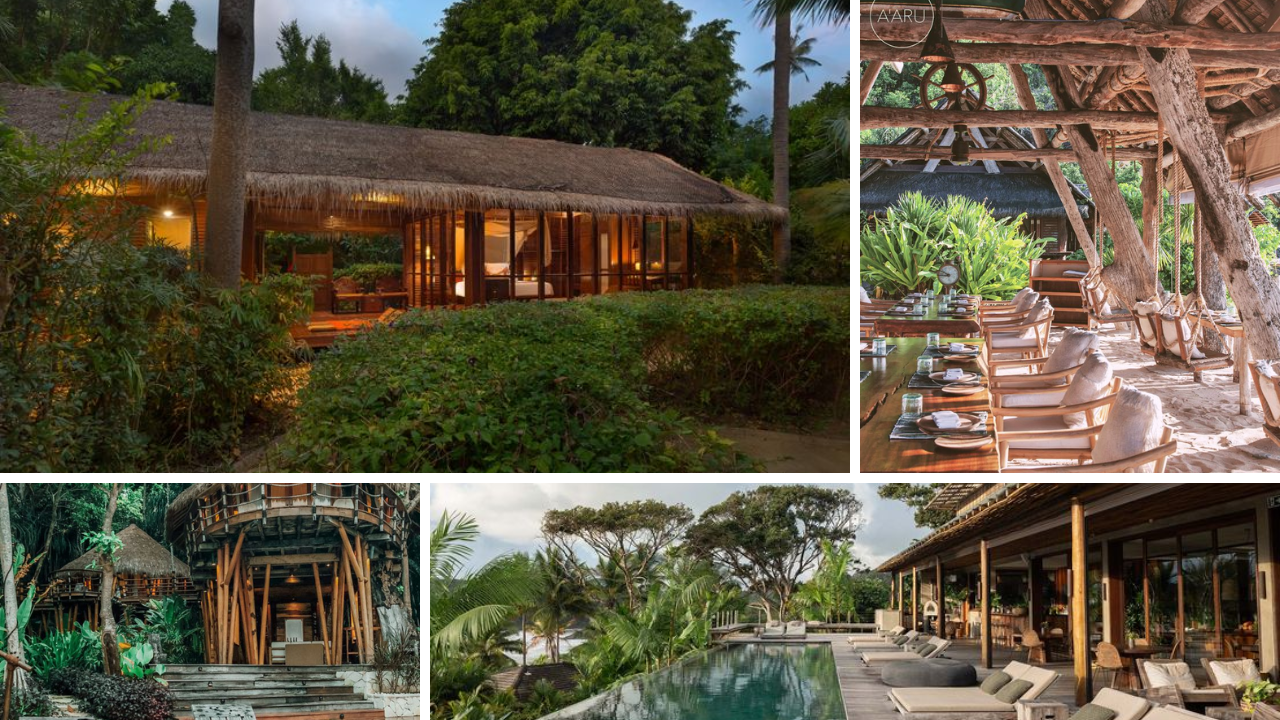The tourism industry in future of sustainable hotels ASEAN region is evolving, with travelers increasingly prioritizing sustainability in their choices. In 2025, sustainable hotels are becoming more than just a trend; they are the future of travel in ASEAN, offering travelers the chance to experience luxury while actively contributing to environmental protection. As the demand for eco-friendly accommodations grows, hotels across ASEAN are embracing green initiatives, renewable energy, and sustainable practices to shape the future of hospitality.
In this article, we’ll explore how the future of sustainable hotels in ASEAN is being shaped by eco-conscious travelers and the innovative changes being made by hotels to meet the needs of today’s responsible tourists.

The Rise of Sustainable Hotels in ASEAN
Sustainability in the hotel industry is no longer a luxury but a necessity. As eco-consciousness rises globally, travelers are seeking accommodations that prioritize the environment, local communities, and conservation efforts. ASEAN, with its diverse landscapes, ecosystems, and rich cultural heritage, is at the forefront of this shift, with eco-hotels and green resorts gaining popularity.
In response, many hotels in the region are adopting practices such as solar power, rainwater harvesting, zero-waste policies, and organic farming to reduce their environmental footprint and promote responsible tourism.

Key Trends Shaping the Future of Sustainable Hotels in ASEAN
Several trends are shaping the future of sustainable hotels in ASEAN, making it easier for travelers to choose eco-conscious accommodations. These include:
1. Renewable Energy Integration
Many sustainable hotels in ASEAN are increasingly turning to renewable energy sources to power their operations. Hotels are installing solar panels, utilizing wind energy, and using hydropower in places where possible. These hotels not only reduce their dependence on fossil fuels but also encourage guests to adopt greener habits.
2. Green Certifications and Eco-Friendly Practices
The demand for certified green hotels is rising, with many hotels in ASEAN seeking eco-certifications such as EarthCheck, Green Globe, and LEED. These certifications ensure that a hotel is meeting strict environmental standards, including waste management, water conservation, and sustainable sourcing. In addition, hotels are taking steps to reduce plastic waste, optimize water use, and promote sustainable food sourcing.
3. Community Engagement and Local Support
Sustainability in ASEAN goes beyond the environment; it also involves the people who live in these regions. Sustainable hotels in the region are increasingly engaging in community development, from supporting local artisans to promoting fair trade and local employment. Hotels are also investing in projects that preserve local cultures and boost regional economies.
4. Eco-Friendly Design and Architecture
The design of sustainable hotels is also evolving. Many hotels in ASEAN are adopting eco-friendly architecture, with green roofs, natural insulation, and recycled building materials. These hotels blend seamlessly into their natural surroundings, offering guests an immersive experience that minimizes environmental impact.
5. Sustainable Tourism Experiences
More than just a place to sleep, sustainable hotels are increasingly offering guests eco-friendly experiences such as volunteering opportunities, wildlife conservation projects, and nature excursions. These activities allow travelers to get involved in the preservation of the environment and local communities, making their stays even more impactful.

Top Sustainable Hotels in ASEAN to Experience in 2025
As the future of sustainable hotels in ASEAN unfolds, several standout properties have set the benchmark for eco-friendly travel. Here are a few notable hotels leading the way in sustainable luxury:
- Six Senses Zighy Bay – Oman: A solar-powered resort that combines luxury with sustainability, Six Senses Zighy Bay emphasizes eco-friendly design and community-focused experiences.
- The Rimba Jimbaran Bali – Indonesia: A LEED-certified property that integrates natural ventilation, rainwater harvesting, and solar energy, ensuring a minimal environmental footprint.
- Anantara Rasananda Koh Phangan Villas – Thailand: An island retreat offering eco-conscious experiences with a focus on marine conservation and reef protection.
- Banyan Tree Phuket – Thailand: A pioneer in sustainable tourism, Banyan Tree Phuket offers guests eco-friendly villas with solar panels, organic gardens, and waste reduction programs.
- Vikasa Yoga Retreat – Thailand: Yoga and eco-tourism blend together in this sustainable retreat, which focuses on organic farming and renewable energy.

How You Can Contribute to Sustainable Travel
As travelers, we have the power to shape the future of tourism by choosing eco-conscious accommodations and supporting hotels that prioritize sustainability. Here are a few ways you can make a positive impact during your travels:
- Book eco-friendly accommodations: Choose hotels with sustainability certifications, renewable energy, and water-saving programs.
- Support local businesses: Shop at local markets, eat at restaurants that source locally, and engage in eco-friendly activities.
- Reduce plastic use: Bring reusable bottles, bags, and containers to minimize waste during your trip.

Conclusion: Embrace the Future of Sustainable Hotels
The future of sustainable hotels in ASEAN is bright, with more hotels embracing eco-friendly practices and responsible tourism. By staying at these green resorts, you’re not just enjoying luxurious accommodations—you’re also contributing to the protection of the environment and local communities. Book your next eco-friendly getaway and make a difference by supporting sustainable tourism in ASEAN.
🟢 Travel smart. Travel with impact.
Read this also : Top Sustainable Hotels in Vietnam for Eco-Friendly Travel









